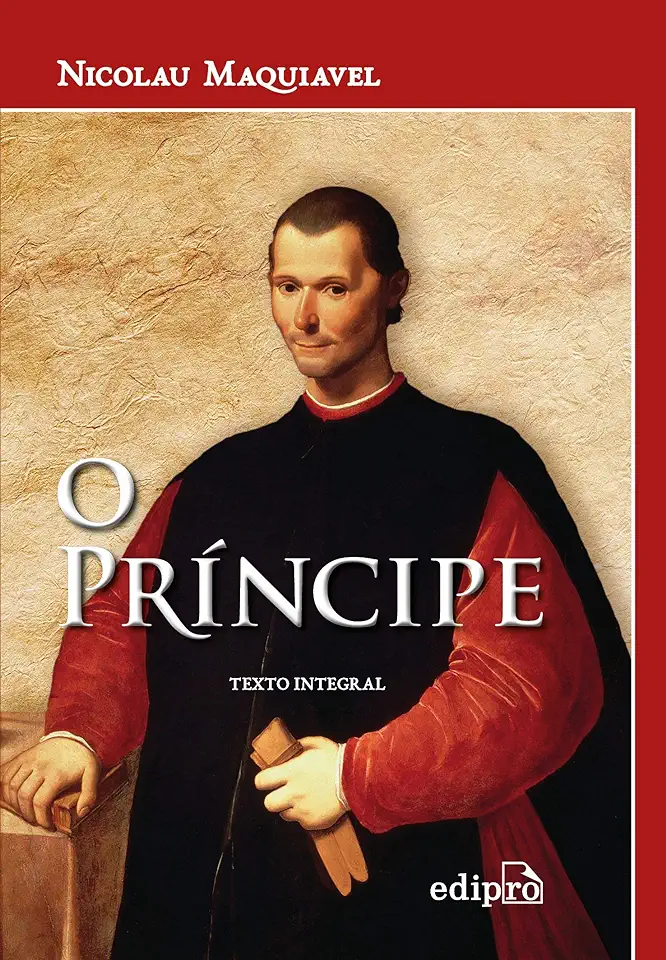
The Prince - Machiavelli
The Prince: A Timeless Guide to Power and Politics
In the realm of political philosophy, few works have had as profound and enduring an impact as Niccolò Machiavelli's "The Prince." Written in the early 16th century, this seminal treatise on statecraft and power dynamics continues to captivate readers with its incisive analysis of human nature and the art of governance.
A Masterpiece of Political Realism
"The Prince" is a masterpiece of political realism, offering a brutally honest and pragmatic examination of the methods and strategies employed by successful rulers. Machiavelli argues that the primary goal of a ruler should be to maintain power, even if it means resorting to ruthless and immoral actions. He famously asserts that "it is better to be feared than loved" and that a ruler must be prepared to use force and deception to achieve their objectives.
Insights into Human Nature
Machiavelli's insights into human nature are both profound and unsettling. He exposes the dark side of human ambition and the lengths to which individuals will go to acquire and maintain power. His observations on the fickleness of the masses and the dangers of unchecked ambition are as relevant today as they were during the Renaissance period.
A Timeless Guide to Leadership
Despite its controversial nature, "The Prince" remains a valuable guide for leaders and aspiring politicians. Machiavelli's advice on how to acquire and maintain power, how to deal with enemies and allies, and how to navigate the treacherous waters of politics is invaluable for anyone seeking to understand the complexities of leadership.
A Must-Read for Political Enthusiasts
"The Prince" is a must-read for anyone interested in politics, history, or human nature. Its timeless insights and provocative arguments continue to spark debate and reflection, making it a truly essential work in the field of political philosophy.
Key Themes and Concepts
- Power and its acquisition: Machiavelli argues that the primary goal of a ruler should be to maintain power, even if it means resorting to ruthless and immoral actions.
- The importance of virtù: Machiavelli emphasizes the importance of virtù, or personal qualities such as courage, intelligence, and cunning, in achieving and maintaining power.
- The dangers of unchecked ambition: Machiavelli warns of the dangers of unchecked ambition and the importance of maintaining a balance between power and morality.
- The role of fortune: Machiavelli acknowledges the role of fortune in human affairs but argues that a skilled ruler can mitigate its effects through careful planning and decisive action.
Impact and Legacy
"The Prince" has had a profound impact on political thought and practice since its publication. It has been praised and condemned, studied and debated, and its influence can be seen in the writings of subsequent political philosophers and the actions of countless leaders throughout history.
Conclusion
"The Prince" is a provocative, insightful, and timeless work that offers a unique perspective on power, politics, and human nature. Whether you agree with Machiavelli's views or not, there is no denying the power and relevance of his ideas. If you are interested in understanding the complexities of leadership and the art of statecraft, "The Prince" is a must-read.
Enjoyed the summary? Discover all the details and take your reading to the next level — [click here to view the book on Amazon!]